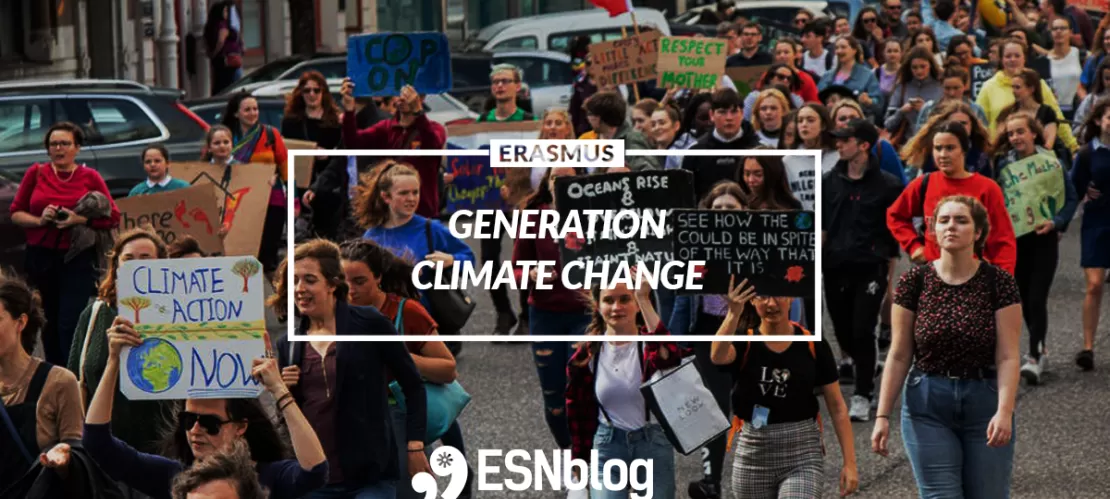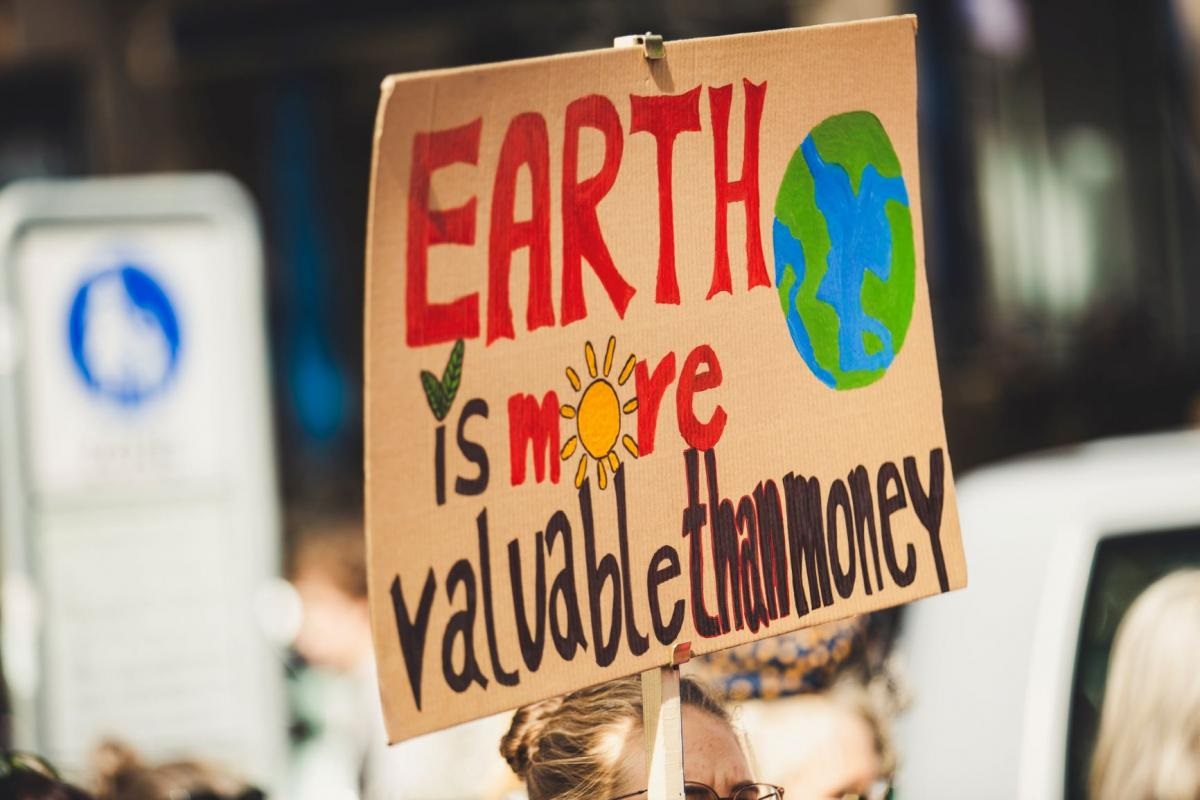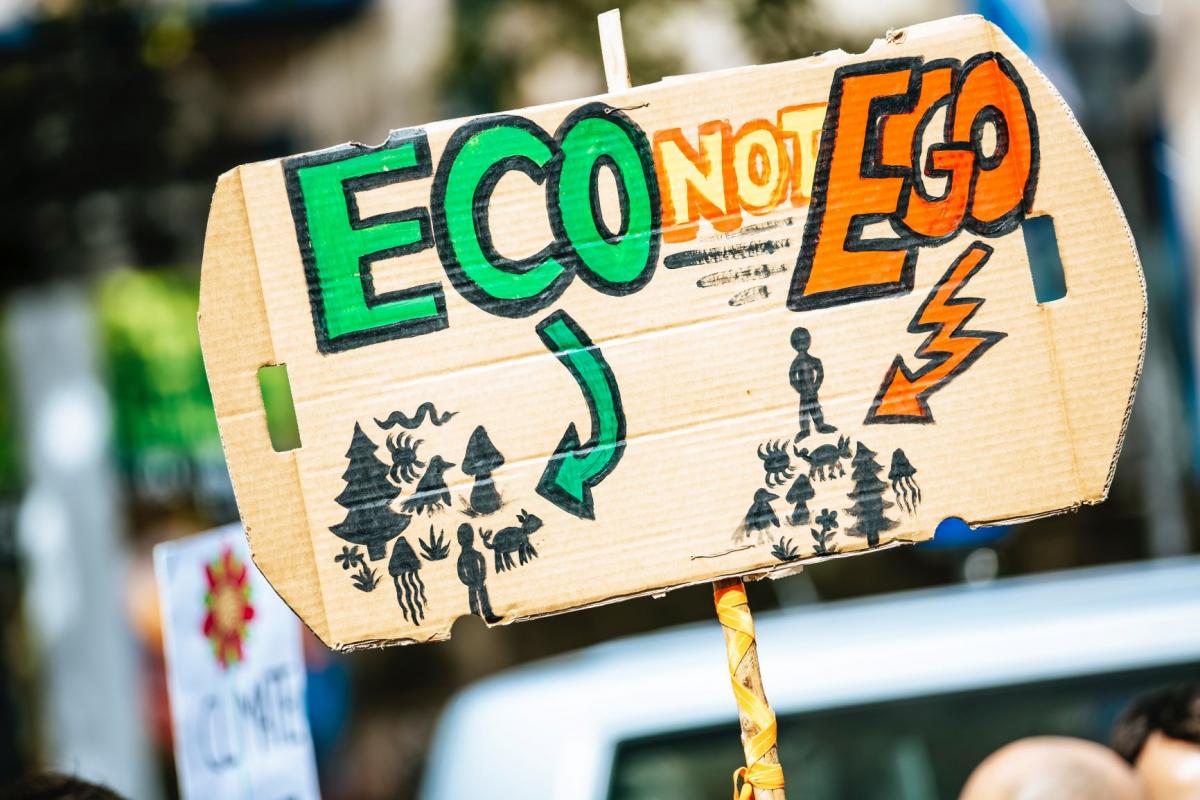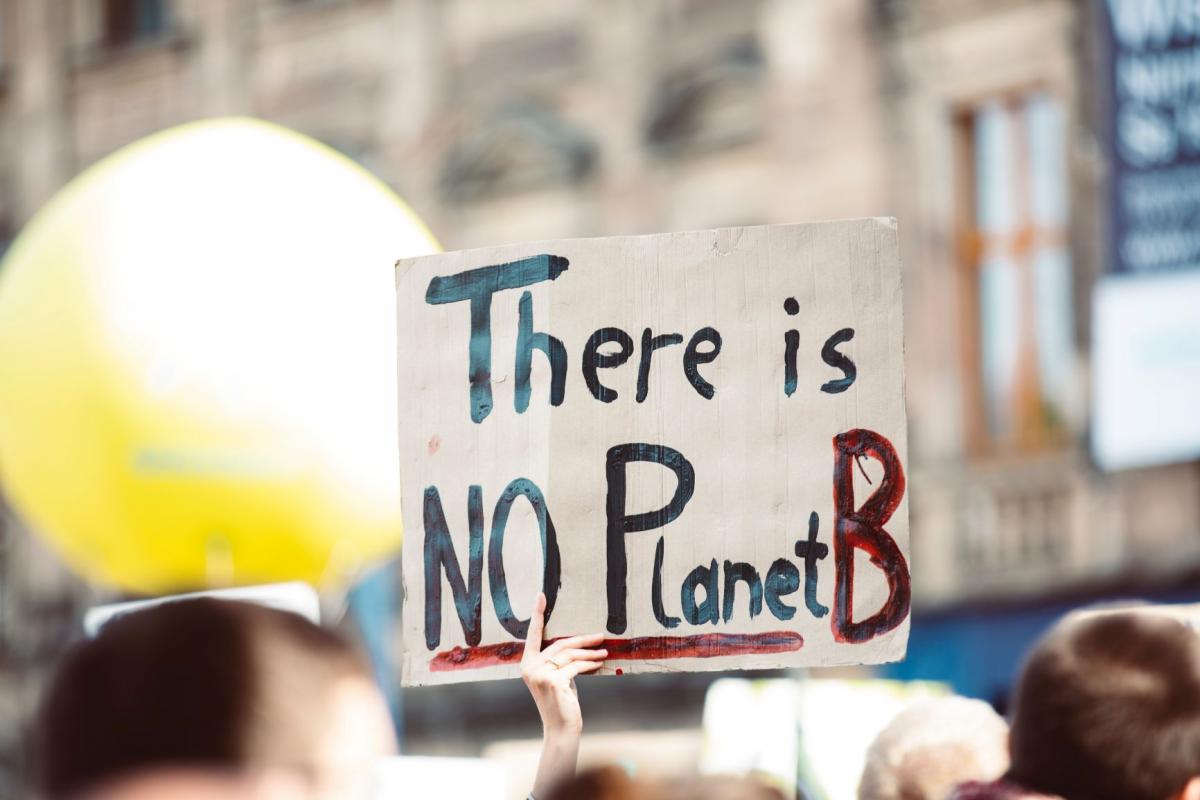
The air was buzzing as thousands of kids, students and adults, made their way towards Koekamp in the centre of The Hague. The streets were filled with a pulsating excitement I could not remember ever having experienced before, as we prepared ourselves for the protest. A community of strangers and friends, chanting rhythmically in a bizarre combination of different languages. I held tightly to my sign, as I let myself be swept away with the dynamic, ever-moving stream of people. Some angry, some cheerful, some serious and bitter faces. My first ever climate march, but certainly not my last. The sun peeked through the layer of clouds that often covers the skies here in the Netherlands, on a crisp September day after the warmest summer ever recorded.

I have travelled quite a lot, and experienced culture shock on levels I didn’t know existed – one of them being that of the different views people from across the world have on the climate crisis. I have understood that despite the interconnected, interdependent and over-sharing nature of our global society, attitudes towards the climate crisis can be, and are indeed, strikingly different across the world. Out of my close friends in Norway, only one or two are neither pescetarian, vegetarian or vegan. Last month I met a student from the US who had never heard about the environmental damage caused by meat consumption. In 2018, the Norwegian “new word of the year” was “flying-shame” (directly and badly translated). Two weeks ago, I met a student from the Middle East who had never even thought about flying as something that should be avoided.
But I have also learned a lot about other people’s perception of my country. I have met students claiming that Norway is one of the most progressive and environmentally friendly states in the world. That is a title I love to show off, but I also know that the reason why Norwegians can afford to prioritise climate action is because of our wealth. And that our wealth to a large extent is based on the oil industry.

I have always known that I wanted to study abroad, but my reasons for doing so have only become clear to me now that I’m actually doing it. I love experiencing the day-to-day culture shocks that occur when meeting new people, discussing our experiences and learning about societies so fundamentally different from my own. This is especially important in my field, International Relations, but also when working with climate action on an international level, which is what I want to do with my degree.
I chose this study path because the US government is aiming at reversing 83 or more environmentally friendly rules and regulations, at the same time as they are withdrawing from the Paris agreement. And because the UK prioritises expanding Heathrow Airport instead of expanding their climate action program. And because Norway keeps searching for oil, always further north. I’m not saying this because I want to paint a discouraging picture of the future, but because I believe we already know what needs to be done in order to solve the problem at hand. The solution is politics, policy and high-level change. Don’t get me wrong, climate marches and individual advocates like Greta Thunberg and Leonardo DiCaprio are important actors that represent the pressure from civil society. But actual, structural change needs to be implemented from the top-down for the rest of the people, in order to make the people who don’t join climate marches and don’t work from the bottom-up join us in the fight against climate change.

Of course, I did not have to go abroad in order to see students protesting against the unwillingness to act from the generation in charge. But breaking out of the bubble I grew up in has taught me the importance of interacting with different mind-sets, other ideas about the world if you actually want to change it. I have met students from countries where climate action is not only unimportant; it is not even on the agenda. It has changed my view of the time we live in, and our mission for the future in a way I don’t think it would have if I had stayed at home.
Students from all over the world (because that’s just how international of a city the Hague is) gathered towards a common goal this Friday. We screamed and marched because we know that the climate crisis does not mind man-made borders. It hears no mercy. And we have taken on the inescapable burden of trying to stop it. But in order to do so, we know that we need to see each other, to understand other cultures and policies, and understand the dynamics and structures that need to be changed.
Written by Juni Moltubak
P.S: The article simply represents the author’s perspective and as such, it is not meant to represent the ESNblog as a whole.
